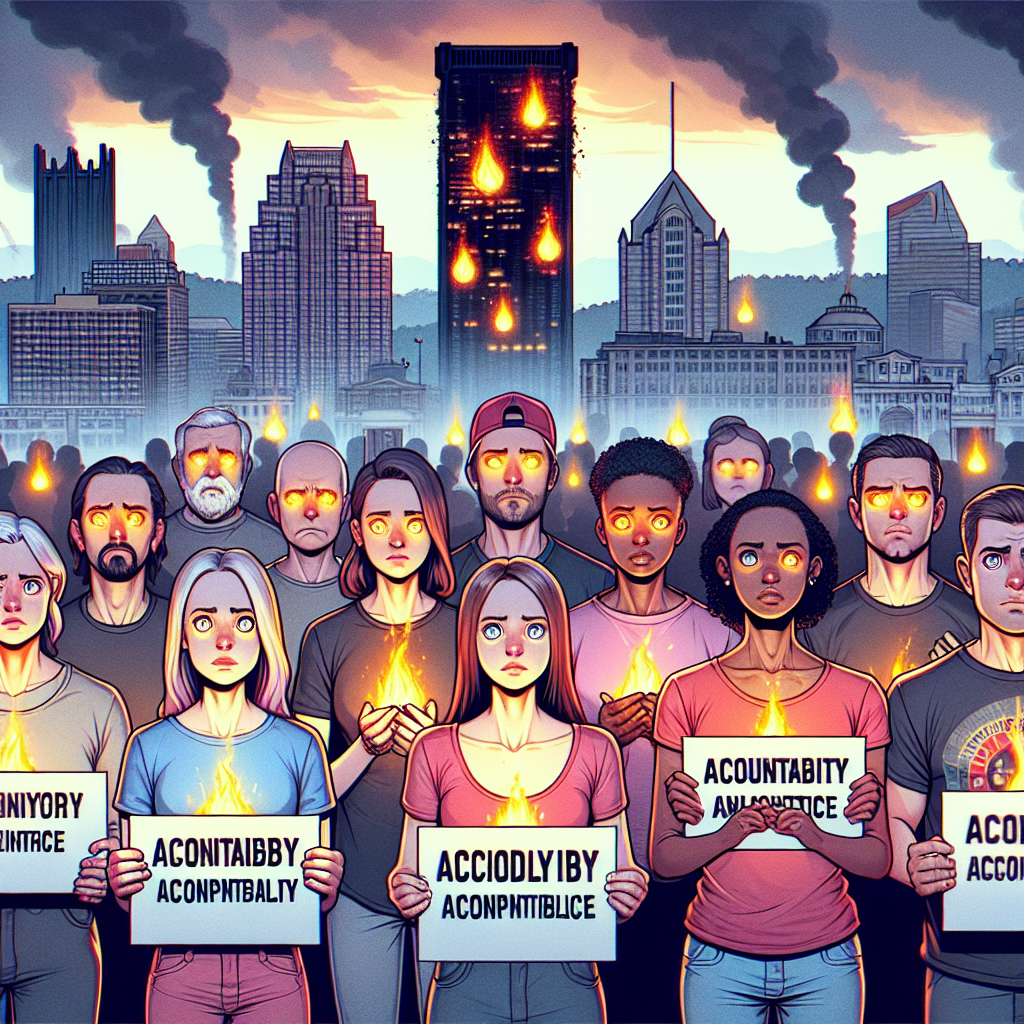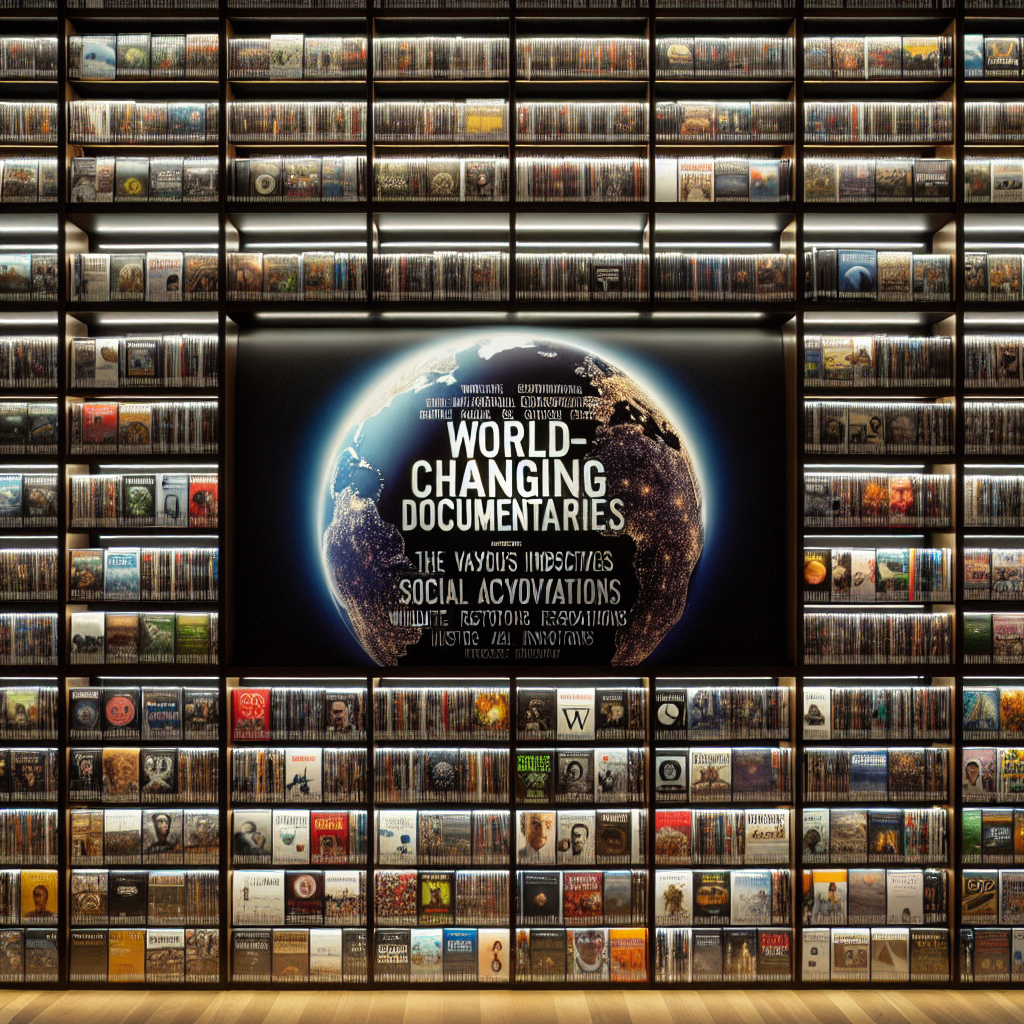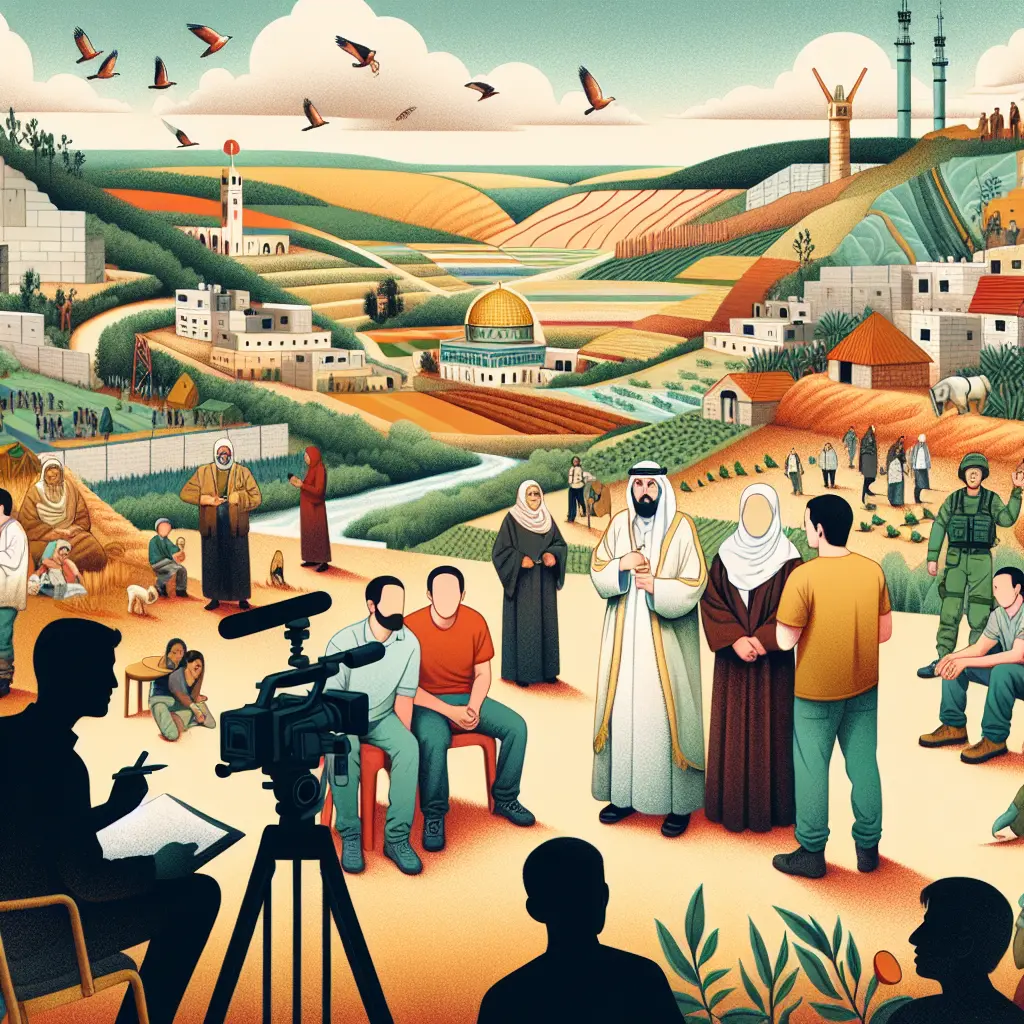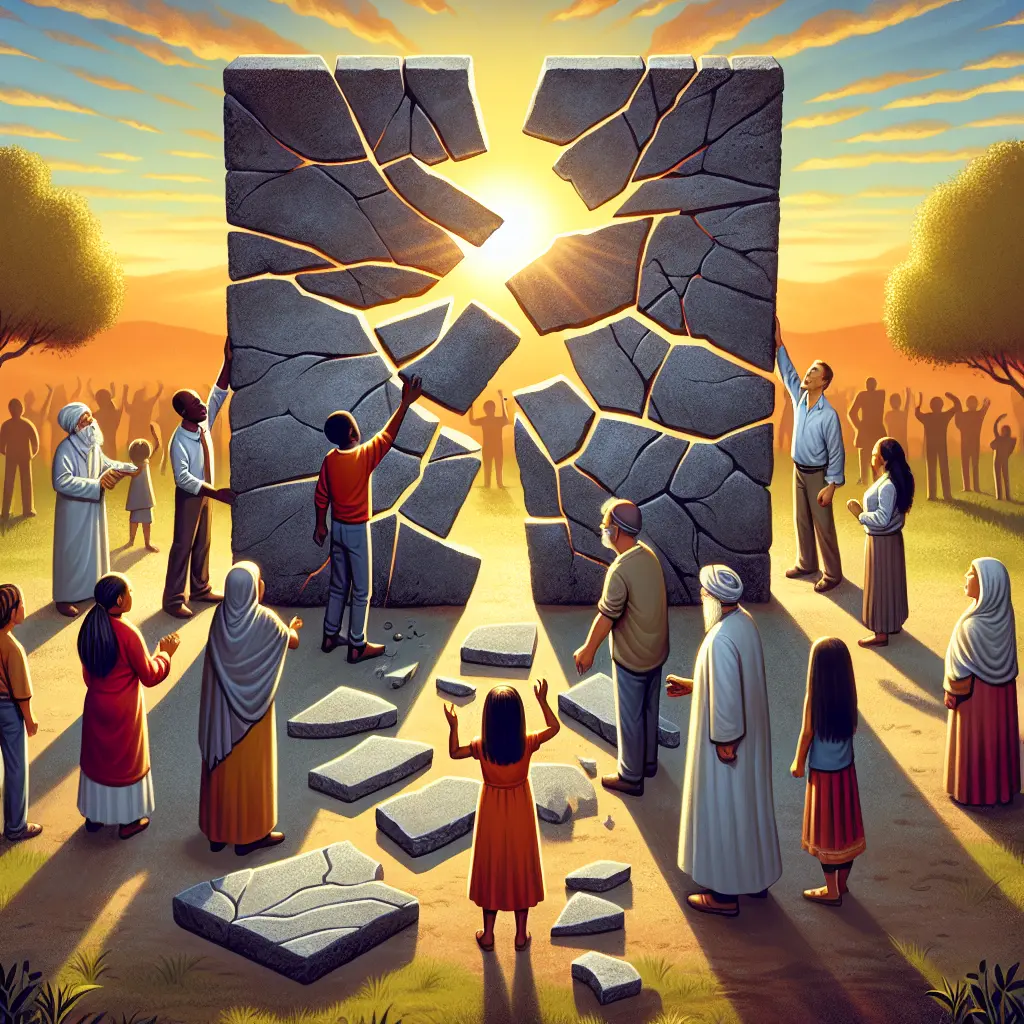Documentaries have the unique power to not only tell the stories of our times, but to ignite movements and demand accountability on a global scale. When tragedy strikes, the world often turns its attention to the immediate aftermath—memorials, news headlines, and official statements. But the long arc of justice and understanding is often bent by the relentless work of survivors, activists, and documentarians who ensure that such events are neither forgotten nor repeated. The Grenfell Tower fire of 2017 stands as a stark example: a catastrophe that took 72 lives in London and exposed profound flaws in construction practices, corporate responsibility, and social inequality.
Recently, this search for truth and justice reached across the Atlantic to Pittsburgh, Pennsylvania. Two Grenfell survivors, Nick Burton and Marcio Gomes, along with activist Moyra Samuels, visited Arconic Corporation’s headquarters—bringing their campaign for corporate accountability directly to the community where crucial decisions were made. Arconic, an Alcoa spin-off now based in Pittsburgh, manufactured the aluminum-and-polyethylene panels widely blamed by a British inquiry for accelerating the deadly inferno.
Their journey was not just one of protest, but also of storytelling. In collaboration with filmmaker Chris Ivey, they participated in a special screening of the documentary-in-progress From Grenfell to Pittsburgh at Harris Theater. This film offers a platform for survivors’ voices and exposes the ongoing risks posed by dangerous cladding materials that remain on buildings worldwide.
How Documentaries Drive Change
Documentaries like From Grenfell to Pittsburgh exemplify how film can bear witness by capturing survivor testimonies and community activism; expose injustice through investigations into regulatory failures and corporate misconduct; amplify marginalized voices; create dialogue between distant communities; and catalyze action by motivating viewers to demand reform and support those affected.
Through these multifaceted impacts, documentaries become more than passive records—they become engines for real-world change, shifting public understanding and driving social and political progress.
The Continuing Fight for Accountability
Despite international attention and damning findings—including a 2024 public inquiry that named Arconic as a major contributor to the disaster—criminal charges have yet to be filed. Survivors like Burton and Gomes highlight that while settlements totaling approximately £150 million have been reached, legal agreements restrict further civil actions. These survivors continue to advocate for full transparency and prosecution, emphasizing that financial compensation does not equate to justice.
Arconic, now a private company under Apollo Global, continues its operations worldwide. Yet, survivors remain steadfast in their call for accountability. As Marcio Gomes puts it: “We can’t change what happened to us, but I’m hoping we can have an influence on what happens in the future.”
A Call to Remember and Reform
As From Grenfell to Pittsburgh demonstrates, documentaries are not passive mirrors of tragedy—they are active agents for change. By holding corporations accountable and keeping public attention focused on both past and potential disasters, these films influence not just collective memory but the course of future events.
For anyone inspired by stories of resilience and activism, following the journey of Grenfell survivors serves as a powerful reminder that meaningful impact often begins with telling—and hearing—the truth. To explore further details about this ongoing fight for justice, visit the detailed article here: https://www.wesa.fm/identity-community/2025-05-30/grenfell-tower-fire-survivors-arconic-accountability.
The Transformative Power of Documentary Filmmaking
Let us never underestimate the force of documentary filmmaking to shine light where shadows linger—and to ensure that tragedies like Grenfell never happen again. These films bring marginalized stories to the forefront, create bridges between distant communities, and inspire viewers everywhere to act on behalf of justice and accountability.
As we reflect on the story of Grenfell and its aftermath, it becomes clear that documentaries serve as both memory and catalyst. They help ensure that painful lessons are neither overlooked nor unheeded by future generations.
Documentaries remain vital tools for education, advocacy, and reform—illuminating systemic injustices and empowering those who might otherwise go unheard.
Ultimately, the ongoing efforts of survivors and filmmakers stand as a testament to human resilience and the enduring power of truth-telling. Together, we can push for a world where tragedies like Grenfell become unthinkable—because people demanded better.
Let’s continue to bear witness, seek accountability, and inspire change—one story at a time.









Leave a Comment